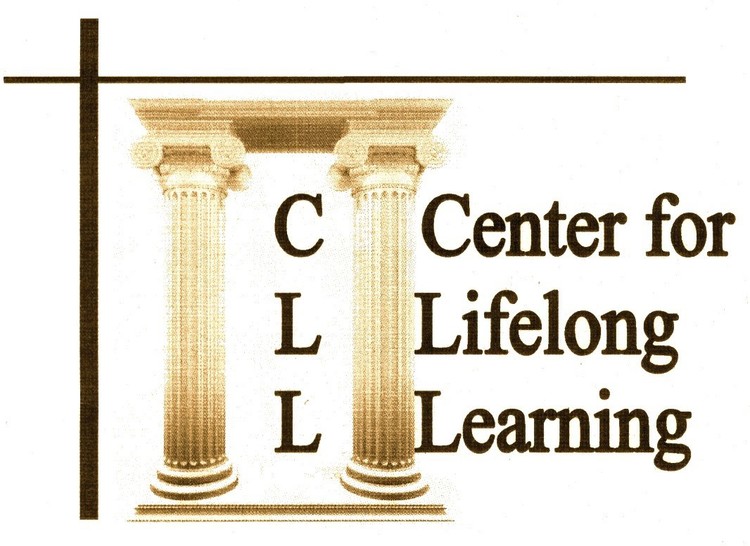PERONALTY DISORDERS
By
Arthur N. Popper
For many decades, scientists and others have debated “nature” vs. “nurture” with regard to human (and animal) development. There is no question that traits such as eye color, male pattern baldness, number of fingers, and even the shape and size of the nose are attributable to “nature,” or, in other words, the genetic information inherited from the parents. Other traits, such as exactly how tall a person grows and body weight, have some genetic components, but scientists have long realized that many external factors during embryonic development and after birth strongly influence the ultimate outcomes of these traits. This was referred to as “nurture.”
The big debate though was what controlled behaviors – were behaviors under genetic control as argued by the great biologist Konrad Lorenz, or by the overall environment in which the organism developed, as argued by the brilliant psychologist Theodore Schneirla. While this debate “raged on” for many years, most scientists now think that behavior is very much a combination of the genetics of the individual to lay out a framework for behavior, and then nurture to shape the trait – often in very substantial ways.
One of the most fascinating questions about behavior, though, is how odd, eccentric, secretive, frightening, compulsive, or maladaptive behaviors develop. Similar questions deal with how one’s thinking pattern develops, and whether a particular temperament is a result of one’s genetics, or of developmental factors, or a combination of these. In essence, what is involved in the development of “normal” behavior and, more interestingly perhaps, the development of personality disorders?
The fascinating topic of how personality disorders develop will be addressed in a two-part series sponsored by the Center for Lifelong Learning (CLL) beginning in Club House I on January 5th and 12th, from 10:00 A.M. to 11:30 AM. The instructor is Laurie Burdick, a LW resident who has a long career dealing with all aspects of mental illness. During the class, Laurie will lead the group in discussions about the development, symptoms, and treatment of personality disorders, as well as discuss famous personalities from history and the arts who exhibit personality disorders. The class will be interactive, with Laurie asking the questions and with a quiz about the class at end of second day.
